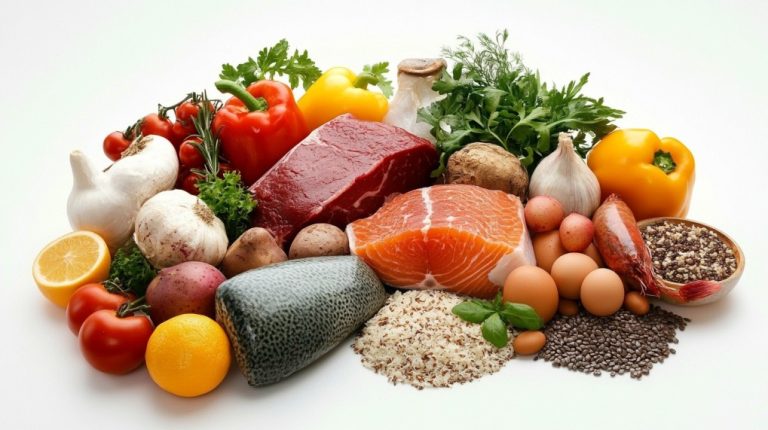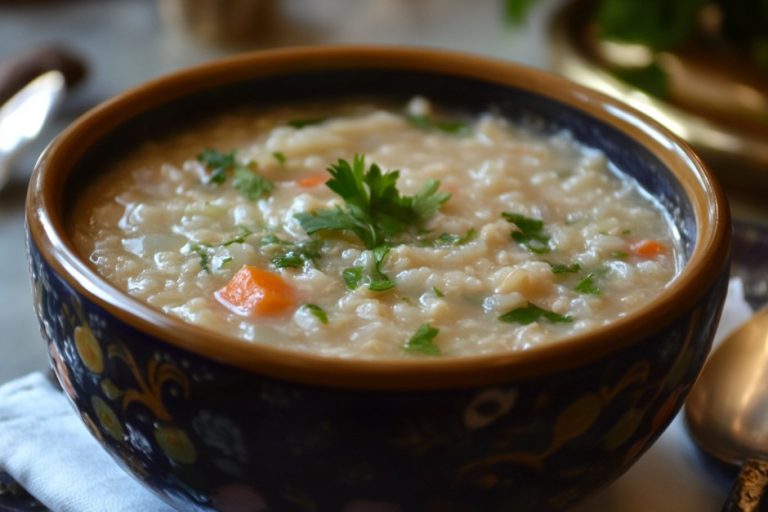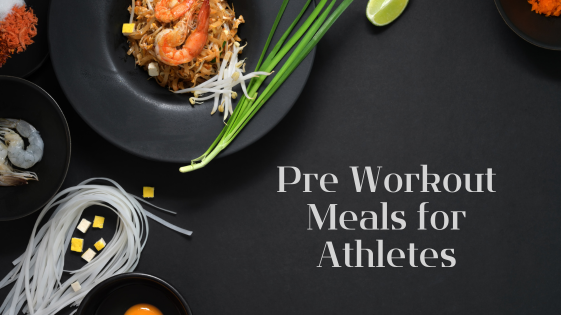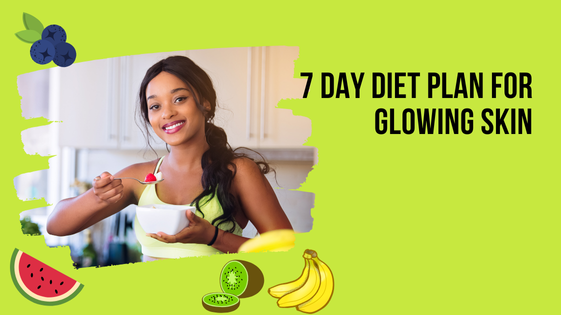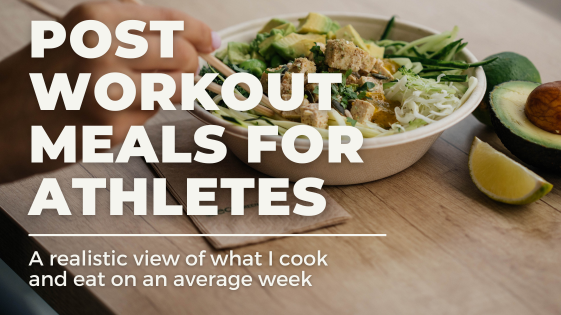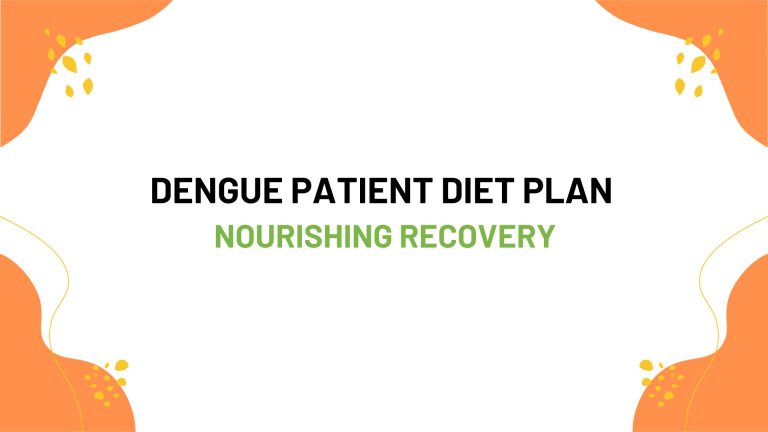The Best Foods to Fuel Your Marathon Training
I’ve always found sports nutrition to be both fascinating and somewhat counterintuitive. As someone who actually enjoys eating things like quinoa and sees packaged foods as in-case-of-emergency options, I had a hard time getting on board with the gels, chews and drinks that are necessary to keep you fueled during marathon training.
A lot of racing nutrition seems to contradict what we know is otherwise sound nutritional advice: For example, white rice is generally considered evil, but it’s also recommended as excellent pre-long run fuel. In fact, in the days leading up to a marathon, nutritionists actually recommend cutting back on protein and veggies and incorporating in their place simple carbs like white rice and white bread.
Of course there’s science behind this “counterintuitive” eating: “Carb loading can help increase muscle glycogen, which helps delay muscle fatigue. It helps your body to maintain exercise longer and boosts endurance performance by about 2 percent. And during a long run, ride, or race—any sort of endurance exercise lasting more than 90 minutes—your body needs more easily digestible carbs. Hence the abundance of perfectly packaged beans, gels, chomps, chews and more products that are essentially sugar and caffeine in a solid(ish) form. “Simple carbohydrates are easier to digest and they provide fuel faster than other sources (likes fats, proteins) to keep the muscles going,â€
But should not you be able to get this type of fuel from less processed, more “real†sources? What did athletes do decades ago?
Real food, like bananas and raisins can be a good substitute for processed fuel. But, they are often more difficult to carry on your person (especially if you are running, rather than cycling). And, real food may be tougher to digest. “Bananas and raisins require chewing and take up room in the stomach which can cause indigestion for some people,â€.
But you may no longer have to choose between good-for-you-grub and the most performance-enhancing eats. Sports nutrition companies are beginning to produce new products that, yes, are processed—but minimally!—and that spotlight healthy foods as the key ingredients. . “Many of these products have claims that are strictly marketing-related, appealing to what the consumer is searching for, but not necessarily based on science,â€
Regardless of whether you choose real food, typical sports nutrition products, or something in between, the most important thing is knowing what your body tolerates. “Make sure you know it works by using it while training. Nothing is worse than spending a race searching for a restroom,â€. And remember: there is no one “perfect†product. The most important things to look for in whatever you choose is that it has a good source of fast-absorbing sugar—sugar, honey, fruit—and one that your GI tract can tolerate.
Best Foods to Eat Before & After Running a Marathon
The Night Before a Marathon: Quinoa Salad with Fresh Parsley, Walnuts, and Raisins with Grilled Chicken This nutty quinoa salad has enough carbohydrates to top off your body’s energy stores, so you’ll be fully fueled to run 26.2 miles in the morning. The quinoa, walnuts, and grilled chicken also provide fiber, fat, and protein, all of which keep you feeling satisfied but not stuffed so that you can get a good night’s sleep in preparation for race day.
Breakfast Before Running a Marathon: Immune-Boosting Shake Running a marathon puts a huge amount of stress on your immune system. The morning of your race, mix up a healthy smoothie containing whey protein, strawberries, orange juice, walnuts, and 10 grams of the amino acid glutamine. The glutamine combined with vitamin C from strawberries and orange juice will help keep your immune system strong from start to finish—and long after.Â
Immediately After Running a Marathon: Carbohydrate + Protein Recovery Drink Recovery drinks that include protein (often whey protein) and carbohydrates (including glucose, sucrose, fructose, and maltodextrin) help mend your muscles faster than sports drinks with carbohydrates alone. An easy way to tell the difference: Sports drinks for hydration have about 50 to 70 calories per 8-ounce serving, whereas a nutrition drink for recovery will provide closer to 200 or 300 calories per serving. The higher calorie count is a result of more nutrients. To put the brakes on muscle damage and jump-start your recovery, reach for a recovery drink right after you cross the finish line.
60 to 90 minutes After a Marathon:Yogurt with Granola, Blueberries, and Raspberries Running 26.2 miles depletes your body’s antioxidant reserves, which is why choosing the right post-marathon foods is so important. The blueberries and raspberries in this snack deliver the necessary antioxidants to fight damage to your DNA due to stress from the big race. The granola contains carbohydrates to help replenish your muscles’ energy stores.
While the above article guides you to eating healthier, there is no substitute for customized professional advice given by a qualified nutritionist. We urge you to speak to your personal dietician or if you need help, contact a nutritionist at Qua Nutrition.
You can contact us at 080 3232 9292 or log on to www.quanutrition.com to Book An Appointment.


